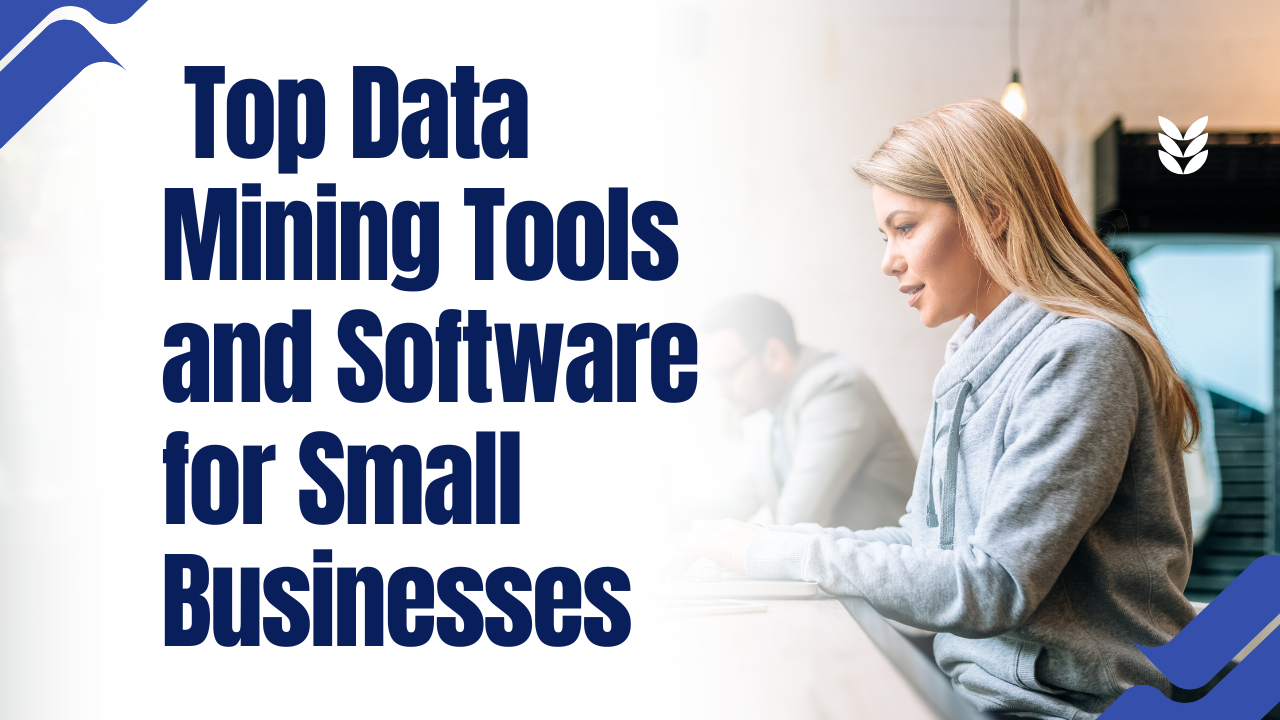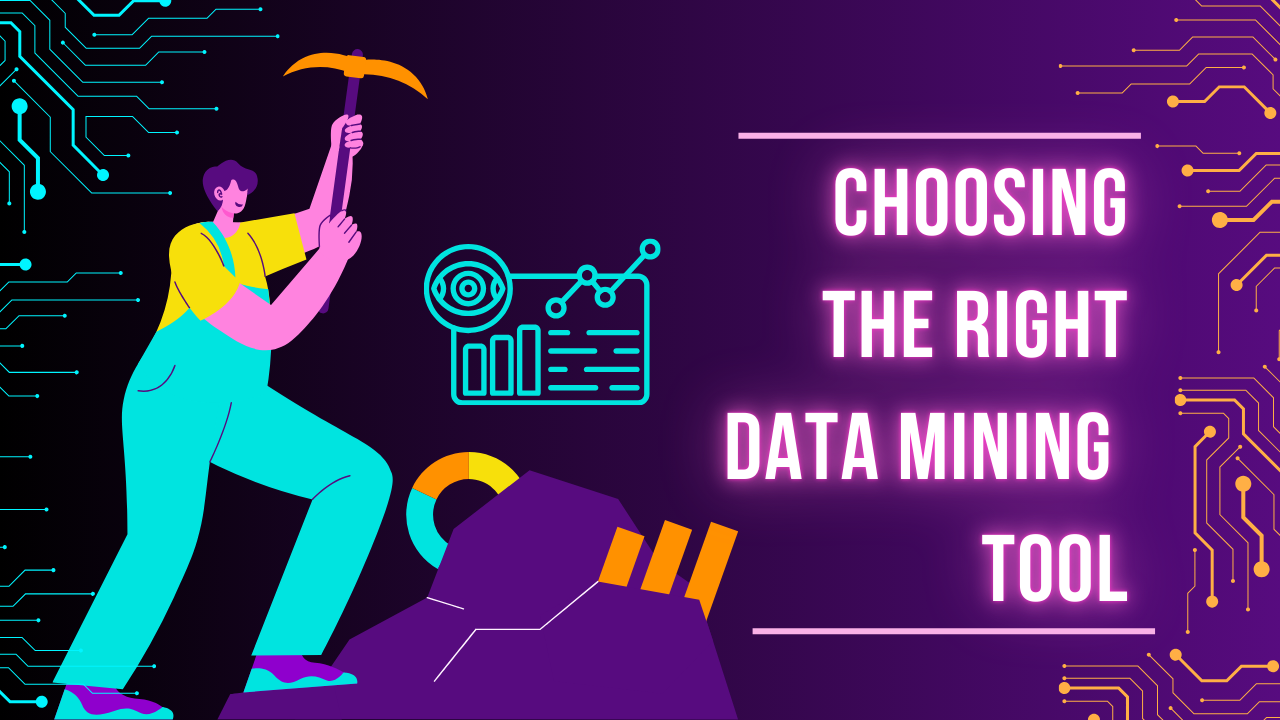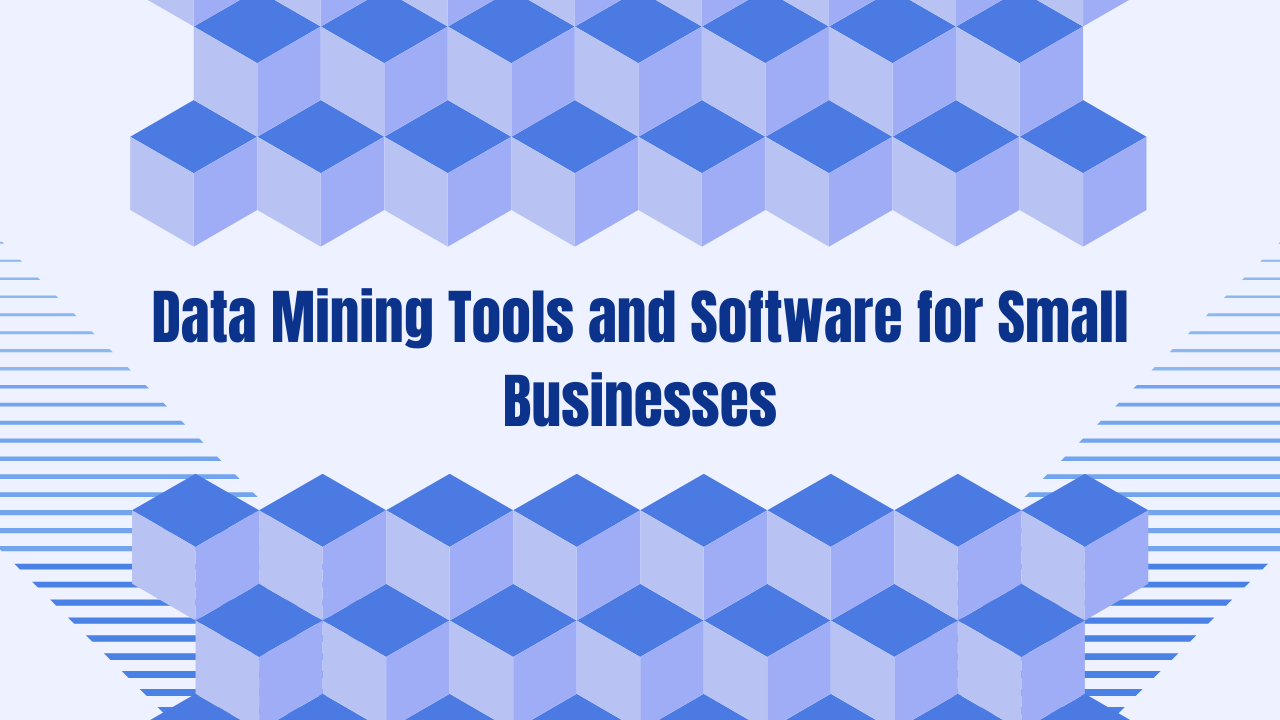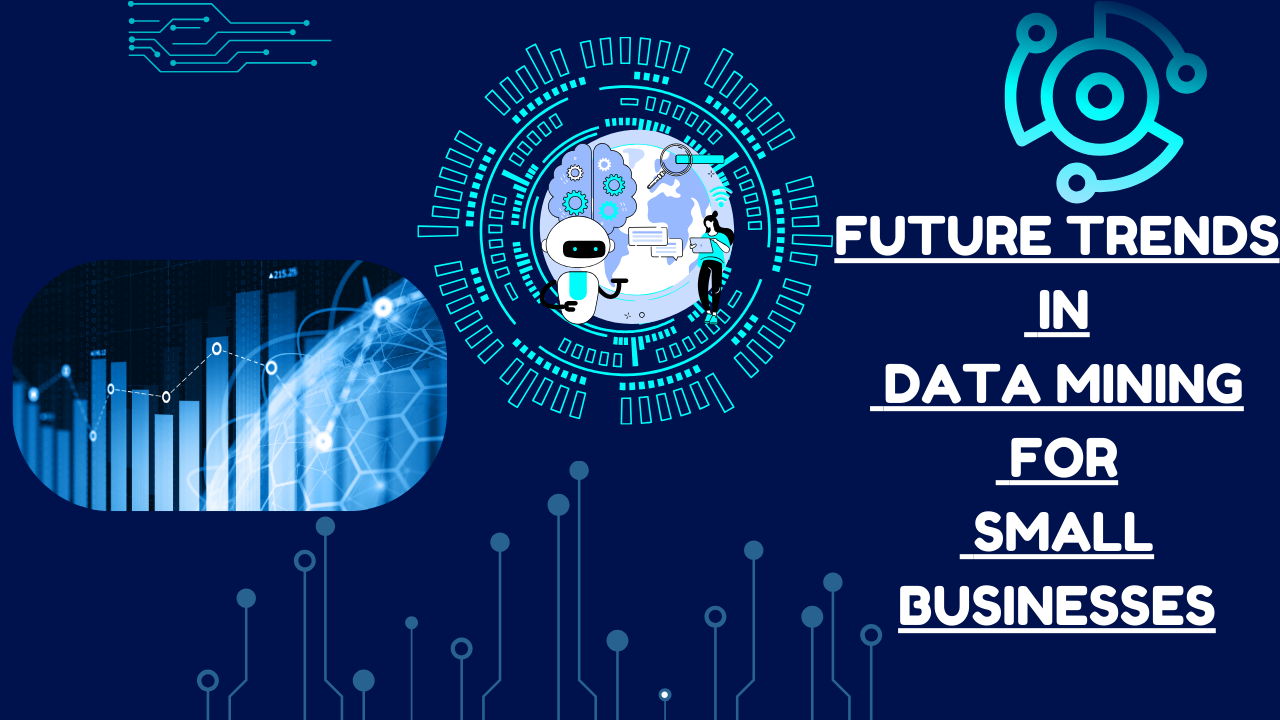In today’s data-driven world, small businesses face unique challenges and opportunities regarding data mining. Data mining involves extracting valuable insights from vast amounts of data, allowing organizations to make informed decisions, understand customer behavior, and improve their operations. However, the landscape can be overwhelming, especially for small businesses with limited resources. This article explores various data mining tools and software that cater to small businesses, their features, advantages, and how they can drive growth and efficiency.
Understanding Data Mining
Before diving into the tools and software available, it’s essential to understand what data mining entails. Data mining refers to the process of analyzing large datasets to discover patterns, correlations, and trends that can provide useful insights. This involves several techniques, including:
- Classification: Sorting data into predefined categories.
- Clustering: Grouping similar data points.
- Regression: Analyzing the relationship between variables.
- Association rule learning: Discovering interesting relationships between variables in large databases.
The insights gained from data mining can help businesses optimize marketing strategies, improve customer service, streamline operations, and ultimately increase profitability.
The Importance of Data Mining for Small Businesses
Data mining is not just for large corporations. Small businesses can greatly benefit from utilizing data mining techniques, including:
- Improved Customer Insights: By analyzing customer data, businesses can understand buying habits and preferences, allowing for targeted marketing efforts.
- Operational Efficiency: Data mining can identify bottlenecks in processes and highlight areas for improvement.
- Enhanced Decision Making: With data-driven insights, small business owners can make informed decisions rather than relying on intuition.
- Competitive Advantage: By leveraging data mining, small businesses can gain insights that may give them an edge over competitors.
Now that we understand the significance of data mining for small businesses let’s explore some of the best data mining tools and software available.
Top Data Mining Tools and Software for Small Businesses
RapidMiner
Overview: RapidMiner is a leading data science platform that offers a wide range of data mining capabilities. It is particularly well-suited for small businesses due to its user-friendly interface and powerful features.
Key Features:
- Drag-and-drop interface for easy workflow design.
- Support for various data sources, including databases, spreadsheets, and cloud storage.
- Extensive library of pre-built algorithms for classification, regression, and clustering.
- Integration with Python and R for advanced analytics.
Advantages:
- RapidMiner offers a free version, making it accessible for small businesses just starting with data mining.
- The platform has a large community and plenty of tutorials available, providing support for users.
KNIME
Overview: KNIME (Konstanz Information Miner) is an open-source data analytics platform that enables users to create data science workflows visually.
Key Features:
- Visual workflow design for data preprocessing, analysis, and visualization.
- Integration with popular programming languages like R and Python.
- Support for various data formats and sources.
- Extensions for machine learning, text mining, and image processing.
Advantages:
- KNIME’s open-source nature means no licensing fees, making it cost-effective for small businesses.
- A large repository of community-contributed extensions allows users to customize their experience.
Orange
Overview: Orange is another open-source data mining tool that offers a user-friendly interface for data visualization and analysis.
Key Features:
- Interactive data visualization and exploration tools.
- Widgets for various data mining tasks, including classification, regression, and clustering.
- Integration with Python for advanced analytics.
Advantages:
- Ideal for small businesses looking for an intuitive interface and robust functionality.
- The active community provides a wealth of resources, tutorials, and plugins.
Tableau
Overview: Tableau is a powerful data visualization tool that helps businesses analyze and visualize their data effectively.
Key Features:
- Drag-and-drop interface for creating interactive dashboards and reports.
- Support for multiple data sources, including cloud services and databases.
- Advanced analytics capabilities, including trend analysis and forecasting.
Advantages:
- Tableau’s visualizations make it easy for small business owners to communicate insights to stakeholders.
- While it may not be a dedicated data mining tool, its analytics capabilities complement data mining efforts.
SAS Enterprise Miner
Overview: SAS is a well-known name in the analytics space, and its Enterprise Miner software offers comprehensive data mining capabilities.
Key Features:
- Extensive suite of tools for data preparation, modeling, and evaluation.
- Integration with SAS programming language for advanced analytics.
- Automated modeling and scoring capabilities.
Advantages:
- SAS Enterprise Miner is highly regarded for its robust statistical analysis features.
- While it may be on the pricier side, small businesses may find value in its comprehensive capabilities.
Microsoft Power BI
Overview: Power BI is a business analytics tool that enables users to visualize and share insights from their data.
Key Features:
- User-friendly interface for creating interactive reports and dashboards.
- Integration with various data sources, including Excel, SQL Server, and cloud services.
- Natural language processing capabilities for querying data.
Advantages:
- Power BI is part of the Microsoft ecosystem, making it easy for businesses already using Microsoft products to integrate.
- Its affordability and scalability make it suitable for small businesses.
Weka
Overview: Weka is an open-source software suite for machine learning and data mining tasks.
Key Features:
- Collection of machine learning algorithms for tasks such as classification, regression, clustering, and association.
- Built-in visualization tools for analyzing data and results.
- User-friendly interface with an option for command-line access.
Advantages:
- Weka is free to use, making it an attractive option for small businesses on a budget.
- The extensive documentation and community support help users get started quickly.
Choosing the Right Data Mining Tool
When selecting the right data mining tool for a small business, several factors should be considered:
- Budget: Small businesses often operate on tight budgets, so it’s essential to consider both upfront costs and ongoing expenses.
- Ease of Use: The tool should have a user-friendly interface that allows team members to start quickly without extensive training.
- Integration: Ensure the tool can easily integrate with existing systems and data sources.
- Features: Evaluate the specific data mining features that your business needs, such as predictive analytics, clustering, or visualization.
- Scalability: Consider whether the tool can scale with your business as data needs grow.
Implementing Data Mining in Small Businesses
- Define Goals: Clearly outline what you want to achieve through data mining. This could include improving customer segmentation, enhancing product recommendations, or optimizing operations.
- Collect Data: Gather relevant data from various sources, including customer transactions, website analytics, and social media interactions.
- Choose the Right Tool: Select a data mining tool that aligns with your business needs and budget.
- Train Your Team: Provide training for team members who will use the data mining tool to ensure they can leverage it effectively.
- Analyze Data: Use the selected tool to analyze the collected data, looking for patterns, trends, and insights that can inform decision-making.
- Implement Findings: Translate insights into actionable strategies, such as targeted marketing campaigns, product enhancements, or operational changes.
- Monitor and Adjust: Continuously monitor the results of implemented strategies and adjust as needed based on new data and insights.
Conclusion
Data mining is an invaluable tool for small businesses looking to harness the power of data to drive growth and efficiency. With various tools and software options available, small business owners can find solutions that fit their unique needs and budgets. By investing in data mining capabilities, small businesses can improve customer insights, streamline operations, and gain a competitive advantage in the market.
As the data landscape continues to evolve, embracing data mining will become increasingly important for small businesses seeking to thrive in an ever-changing environment. By leveraging the right tools, small businesses can unlock the potential of their data and pave the way for future success.
FAQs
What is data mining?
Data mining is the process of analyzing large datasets to discover patterns, correlations, and trends that can provide valuable insights for decision-making.
Why is data mining important for small businesses?
Data mining helps small businesses understand customer behavior, improve operational efficiency and make informed decisions, ultimately leading to increased profitability.
What are some popular data mining tools for small businesses?
Popular data mining tools include RapidMiner, KNIME, Orange, Tableau, SAS Enterprise Miner, Microsoft Power BI, and Weka.
How do I choose the right data mining tool for my small business?
Consider factors such as budget, ease of use, integration with existing systems, features, and scalability when selecting a data mining tool.
How can I implement data mining in my small business?
Define your goals, collect relevant data, choose a suitable tool, train your team, analyze data, implement findings, and monitor results to effectively implement data mining strategies.


